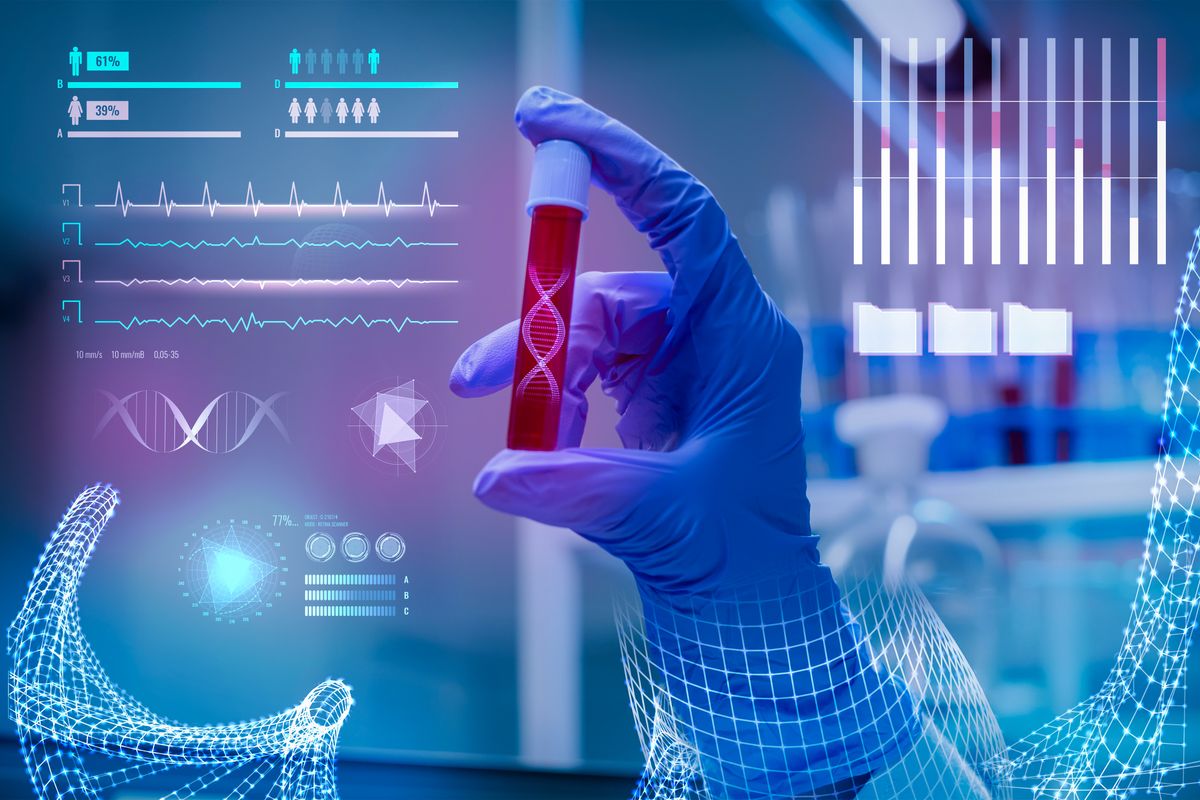The Role of Big Data in Healthtech: Revolutionizing Healthcare Analytics

In the digital age, data has become the cornerstone of numerous industries, and healthcare is no exception. Big Data, characterized by its volume, velocity, and variety, is increasingly influencing the realm of Healthtech. This article delves into the profound role of Big Data in Healthtech, shedding light on how it is revolutionizing healthcare analytics and shaping the future of the healthcare landscape.
Understanding Big Data in Healthtech
Big Data in the context of Healthtech refers to the vast and diverse sets of health-related data generated from various sources. This includes electronic health records (EHRs), medical imaging, genomics, wearable devices, and more. The key attributes of Big Data—volume, velocity, variety, veracity, and value—make it a valuable asset for healthcare analytics and decision-making.
Unlocking Insights: How Big Data Enhances Healthcare Analytics
Big Data analytics processes this vast healthcare data to extract valuable insights and patterns that were previously difficult to discern. Machine learning and AI algorithms are employed to analyze this data swiftly, aiding in diagnostics, treatment planning, predictive modeling, and identifying trends that can influence healthcare policies and practices.
Personalized Medicine: Tailoring Healthcare with Big Data Insights
One of the most significant impacts of Big Data in Healthtech is the ability to tailor treatments and care plans to individual patients. Analyzing a patient's health history, genetic makeup, lifestyle, and more enables healthcare professionals to personalize treatments, optimizing outcomes and reducing adverse effects.
Advancing Medical Research and Drug Development
Big Data facilitates advanced medical research by providing a vast pool of data for clinical trials, drug development, and disease understanding. Analyzing data from diverse populations helps researchers identify potential risks, efficacy, and outcomes, expediting the development of new therapies and medications.
Improving Operational Efficiency: Big Data in Healthcare Systems
Efficient healthcare operations are crucial for better patient care and cost-effectiveness. Big Data optimizes healthcare systems by streamlining resource allocation, predicting patient admission rates, and reducing readmission rates, ultimately leading to enhanced operational efficiency and cost savings.
Addressing Privacy and Security Concerns
While the potential of Big Data in Healthtech is immense, it raises legitimate concerns about data privacy and security. It is imperative to implement robust data encryption, access controls, and compliance with regulatory standards to ensure the safe and ethical use of healthcare data.
FAQs
What is Big Data in Healthtech?
Big Data in Healthtech refers to the extensive and diverse sets of health-related data collected from various sources, including electronic health records, medical imaging, genomics, and wearable devices, analyzed to derive meaningful insights.
How does Big Data influence personalized medicine?
Big Data enables personalized medicine by analyzing individual patient data to tailor treatments and care plans, optimizing healthcare outcomes and minimizing adverse effects.
How does Big Data benefit medical research and drug development?
Big Data aids medical research by providing a vast pool of data for clinical trials, drug development, and disease understanding, expediting the development of new therapies and medications.
What are the privacy and security considerations related to Big Data in Healthtech?
Big Data in Healthtech raises concerns about data privacy and security. Implementing robust data encryption, access controls, and compliance with regulatory standards are essential to ensure the safe and ethical use of healthcare data.
Conclusion
Big Data has emerged as a game-changer in the field of Healthtech, redefining healthcare analytics and its potential to improve patient care and outcomes. By leveraging the power of Big Data, healthcare professionals can make informed decisions, personalize treatments, advance medical research, and optimize operational efficiency. However, it's crucial to address privacy and security concerns to ensure responsible and ethical utilization of this transformative technology. The healthcare industry stands at the brink of a data-driven revolution, with Big Data at its core, propelling healthcare into a future of enhanced analytics and improved patient well-being.


